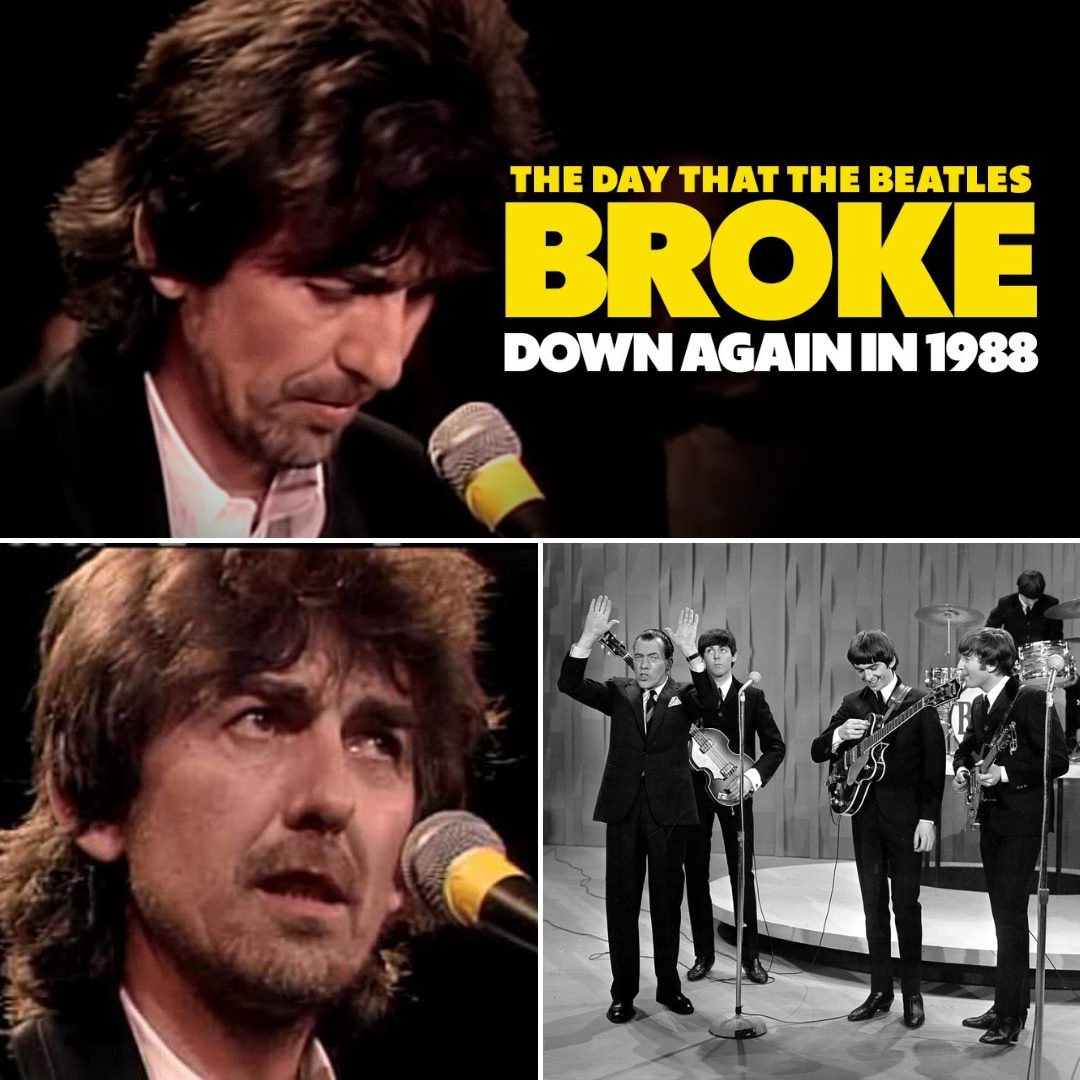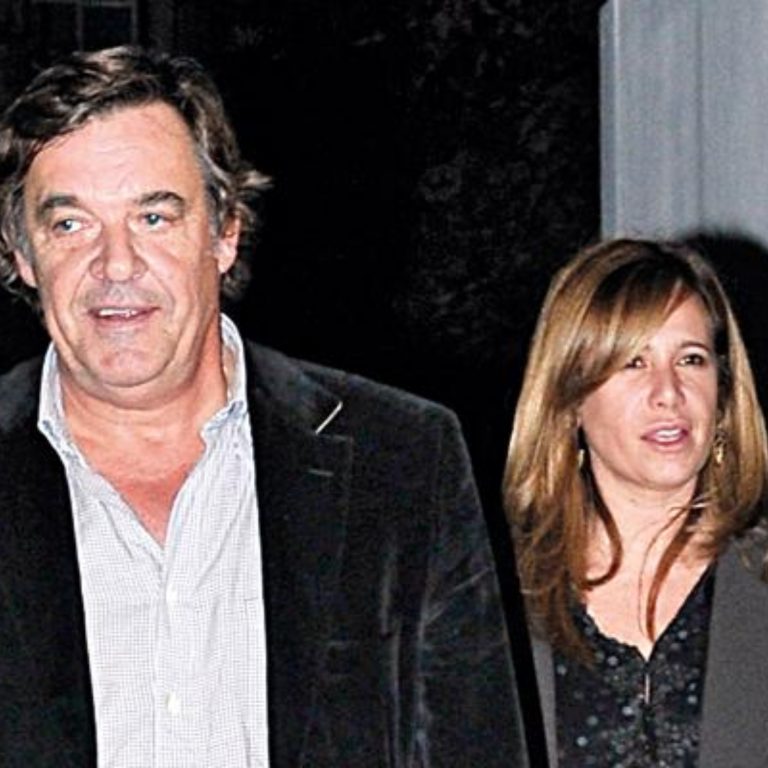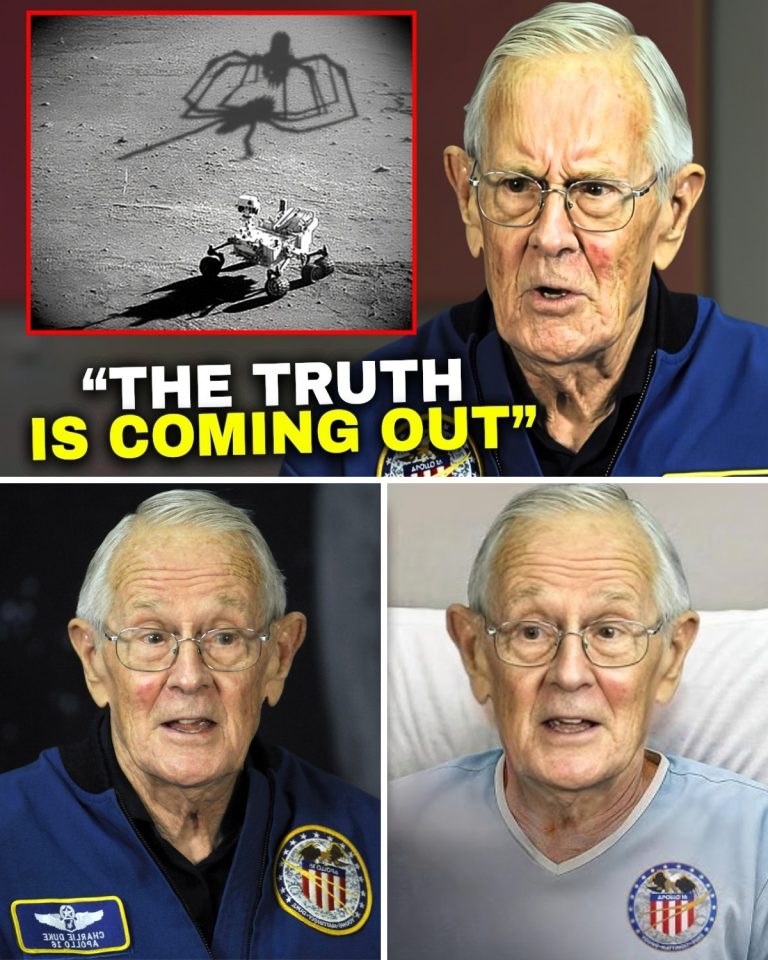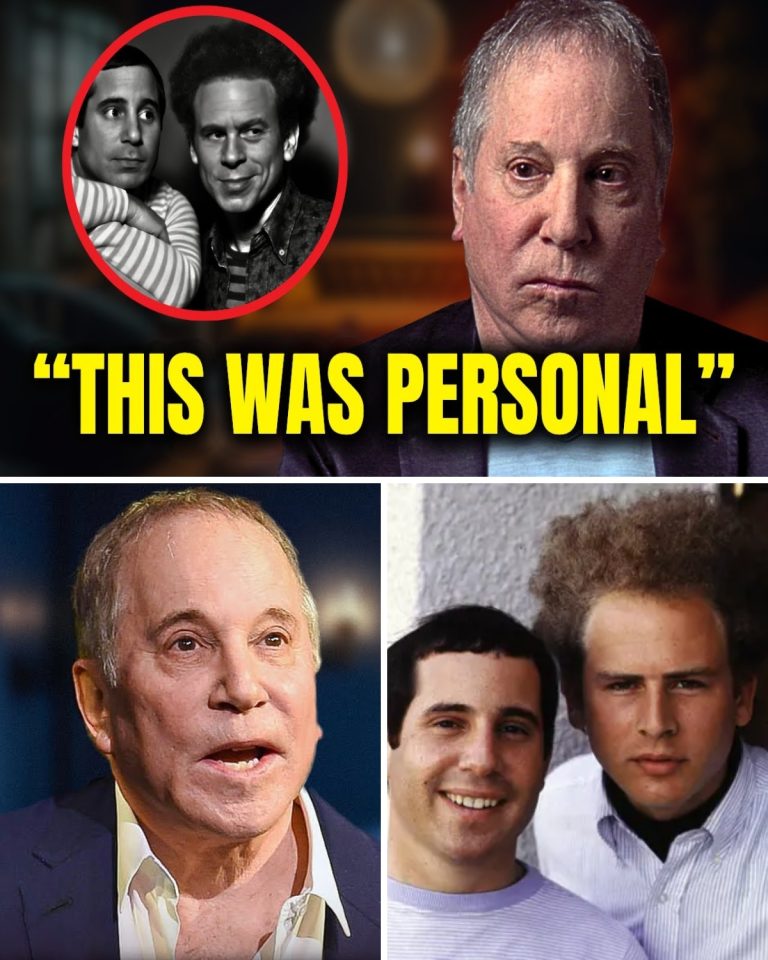By 1988, the greatest band in the world was no longer whole

25 years after their first single had changed the course of music history, The Beatles became eligible for induction into the Rock and Roll Hall of Fame. For fans, the announcement carried the promise of something miraculous — a chance, however fleeting, to see the surviving members stand together once more. The headlines hinted at triumph, at healing, at a reunion worthy of their legend. But what unfolded that January night in New York told a very different story.
Instead of harmony, fans witnessed the scars of old battles. Paul McCartney, entangled in yet another royalties dispute with George Harrison, Ringo Starr, and Yoko Ono, refused to attend. His absence was not an afterthought — it was an open wound. In his own words, appearing would have “felt hypocritical to smile” when the truth was that bitterness still lingered. And so, for one of the most anticipated inductions in Hall of Fame history, only George, Ringo, and Yoko stood to accept the honor.
The evening was electric nonetheless. Mick Jagger, delivering the induction speech, captured the magnitude of what The Beatles had accomplished. His words reminded the audience how four young men from Liverpool had redefined not just popular music but popular culture itself. From the Ed Sullivan Show to the rooftop of Apple Corps, they had turned every stage into a cultural earthquake.
But the ceremony’s most haunting moment came not from Jagger’s energy or the roaring applause, but from George Harrison himself. Standing at the podium, visibly uncomfortable and without his old friend at his side, he spoke with a mixture of pride and melancholy. “It’s unfortunate Paul’s not here… we all loved him very much.”
The line hung in the air like unfinished music, at once tender and tragic. For fans in the hall and millions reading headlines the next day, Paul’s absence was deafening. What should have been a moment of celebration became a reminder of fracture — a portrait of the Beatles not as eternal icons, but as human beings caught in conflict, unable to bridge the divides even for one night.
And yet, the night was not without grace. Julian and Sean Lennon stood in tribute to their father, the absence of John made bittersweet by the presence of his sons. When the music began to swell, when friends and family filled the stage, a strange alchemy occurred. Even broken, The Beatles still belonged to history.
For all the disputes and disappointments, their legacy could not be dimmed. The songs — Hey Jude, Let It Be, Here Comes the Sun — had already outlived bitterness. The band’s story, fractured as it was, remained larger than any feud.
The Rock and Roll Hall of Fame ceremony in 1988 was not the triumphant reunion fans longed for. It was something starker: a reminder that legends are human, that even the greatest harmonies can unravel, and that history is often written in both triumph and fracture.
And yet, as the applause rose and as the music carried the night, one truth became undeniable. Broken though they were, The Beatles still stood together in spirit — and their place in history was unshakable.






